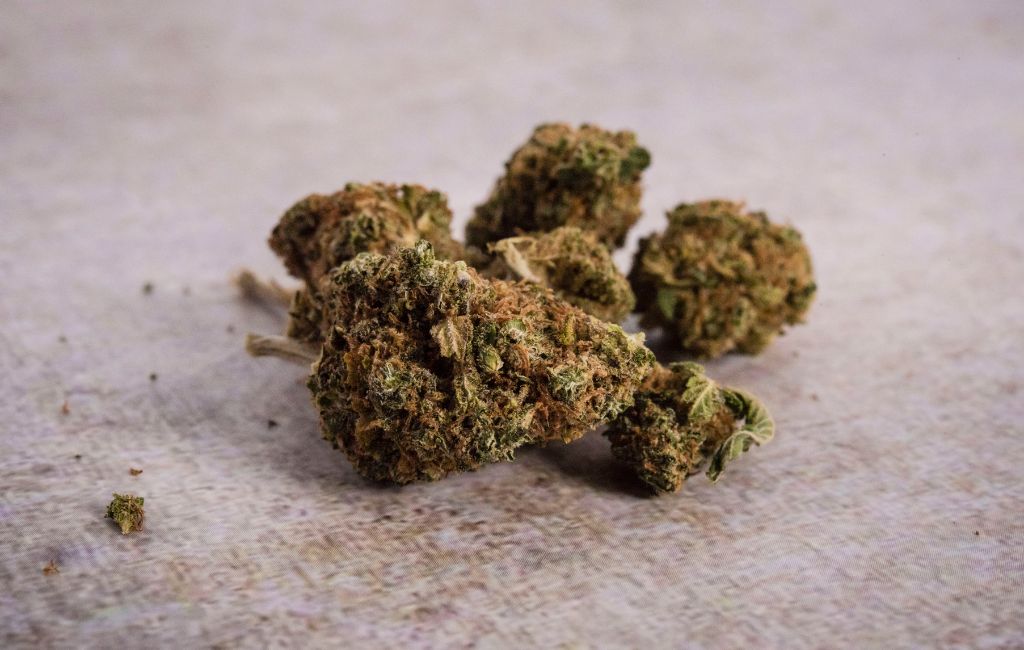THCa Flower: Experience Its Therapeutic Effects
The world of cannabis is vast and varied, with numerous compounds offering a range of effects and benefits. Among these, THCa (tetrahydrocannabinolic acid) has gained attention for its potential therapeutic properties. Unlike its more famous counterpart THC, THCa is non-psychoactive, making it an attractive option for those seeking relief without the high. This article explores the therapeutic effects of THCa flower, supported by research, examples, and case studies.
Understanding THCa
THCa is a cannabinoid found in raw and live cannabis plants. It is the precursor to THC, the compound responsible for the psychoactive effects of cannabis. When cannabis is heated through smoking, vaping, or cooking, THCa undergoes decarboxylation, converting into THC. In its raw form, THCa does not produce a high, but it offers a range of potential health benefits.
Potential Health Benefits of THCa
Research into THCa is still in its early stages, but preliminary studies and anecdotal evidence suggest several potential therapeutic effects:
- Anti-inflammatory Properties: THCa may help reduce inflammation, making it beneficial for conditions like arthritis and inflammatory bowel disease.
- Neuroprotective Effects: Some studies indicate that THCa might protect brain cells, potentially aiding in the treatment of neurodegenerative diseases such as Alzheimer’s and Parkinson’s.
- Anti-emetic Benefits: THCa has shown promise in reducing nausea and vomiting, which could be helpful for patients undergoing chemotherapy.
- Appetite Stimulation: While THC is known for increasing appetite, THCa may also play a role in stimulating hunger, which can be beneficial for those with appetite loss due to illness.
Case Studies and Research
Several case studies and research efforts have highlighted the potential of THCa in therapeutic applications. For instance, a study published in the “British Journal of Pharmacology” explored the anti-inflammatory effects of THCa, finding it effective in reducing inflammation in animal models. Another study in “Neurotherapeutics” examined the neuroprotective properties of THCa, suggesting its potential in treating neurodegenerative disorders.
In a real-world example, a patient with severe arthritis reported significant pain relief and improved mobility after incorporating THCa-rich cannabis into their treatment regimen. This anecdotal evidence aligns with the growing body of research supporting THCa’s therapeutic potential.
How to Use THCa Flower
For those interested in exploring the benefits of THCa, there are several ways to incorporate it into a wellness routine:
- Raw Consumption: Consuming raw cannabis leaves or flowers in smoothies or salads can provide THCa without the psychoactive effects of THC.
- Tinctures and Oils: THCa tinctures and oils offer a convenient way to measure and consume precise doses.
- Topicals: THCa-infused creams and balms can be applied directly to the skin for localized relief from pain and inflammation.
Legal Considerations
The legal status of THCa varies by region, as it is often classified alongside THC. It’s important to research local laws and regulations before purchasing or using THCa products. In some areas, THCa is available in dispensaries, while in others, it may be restricted or require a medical prescription.
Conclusion
THCa flower presents a promising option for those seeking therapeutic benefits without the psychoactive effects of THC. With potential applications in reducing inflammation, protecting brain cells, alleviating nausea, and stimulating appetite, THCa offers a versatile addition to the world of cannabis-based therapies. As research continues to unfold, the understanding and utilization of THCa are likely to expand, providing new opportunities for health and wellness.
